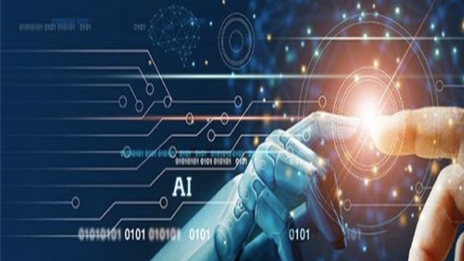Fei-Fei Li, a pioneer in artificial intelligence, claims that AI is ubiquitous and is already an integral part of our daily lives in various aspects. Larry Summers points out that AI differs from traditional automation, which was limited to replacing manual tasks, because it also affects cognitive tasks.
For example, Blackstone, a private equity giant, uses AI to analyse historical data to identify the most promising future deals. The company says that in a world dominated by AI, public data will become increasingly commoditised, while proprietary data and insights from large private market portfolios will become more valuable.
Jensen Huang, CEO of Nvidia, demonstrated at a conference how AI can not only build ships, such as complex supertankers, but also the factories and robots that make these ships, raising questions about the future role of workers.
AI also has the potential to improve medical care by eliminating unnecessary tests and procedures, and can offer companionship to the elderly, significantly reducing loneliness, as demonstrated by a pilot programme in New York State where AI robots are provided free of charge to senior citizens.
Finally, AI is entering the dating sphere with innovations from Bumble, which allows AI avatars to pre-match before deciding on real-life encounters. OpenAI recently introduced an enhanced version of ChatGPT, with a voice reminiscent of Scarlett Johansson, underlining the increasing humanisation of AI in our everyday interactions.
Bloomberg TV provided by MT Newswires

























